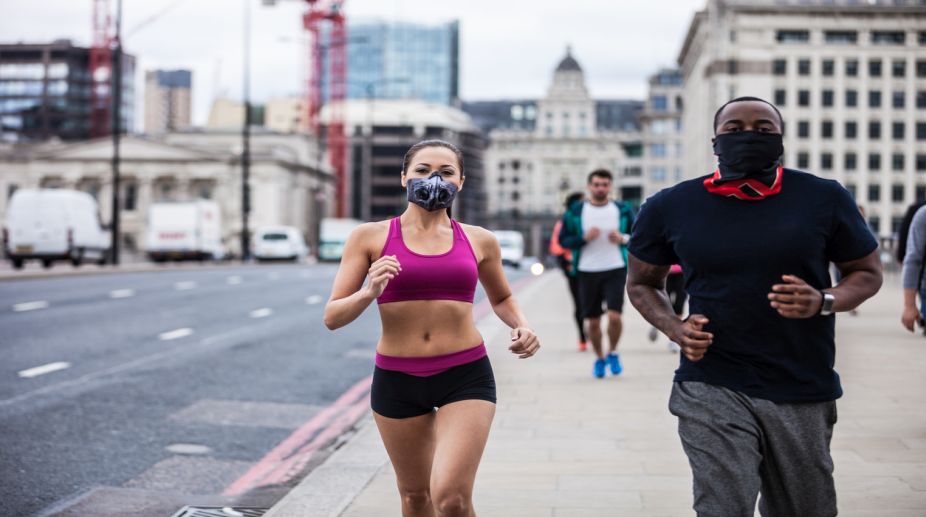Even a brief exposure to tiny air pollution particles is associated with the development of acute lower respiratory infection (ALRI) in young children, according to a study, involving more than 100,000 patients.
The researchers found that elevated levels of PM2.5 — pollution-causing particles that are about 3 per cent of the diameter of the human hair — affected both children and adults, even the newborns and toddlers up to age two.
Advertisement
Bronchiolitis — a condition in which small breathing tubes in the lungs called bronchioles become infected and clogged with mucus — was found as the most common acute lower respiratory infection in children.
Increase in PM2.5 levels also led to increased doctor visits for these lung infections.

“Infectious processes of respiratory disease may be influenced by particulate matter pollution at various levels,” said lead author Benjamin Horne, Director at the Intermountain Medical Centre Heart Institute in Utah, the US.
“The air pollution itself may make the human body more susceptible to infection or may impair the body’s ability to fight off the infectious agents,” said Horne.
“It may be that PM2.5 causes damage to the airway so that a virus can successfully cause an infection or that PM2.5 impairs the immune response so that the body mounts a less effective response in fighting off the infection,” Horne added.

For the study, appearing in the American Journal of Respiratory and Critical Care Medicine, the team examined 1,46,397 individuals who were treated for ALRI.
The study also showed that motor vehicles contribute about 48 per cent of emissions that lead to the formation of fine particulates.
Small industry and businesses such as gas stations and dry cleaners, as well as home heating, emit about 39 per cent of all fine particulates. Large manufacturing accounts for 13 per cent.
When an acute increase in the level of PM2.5 occurs, people should prevent infections or decrease ALRI symptom severity or duration by reducing their exposure to the air pollution.
People must also avoid areas and activities where other people may share an infection with them, not touch their face with dirty hands, vigilant about washing their hands when reasonably possible or prudent, Horne said.













